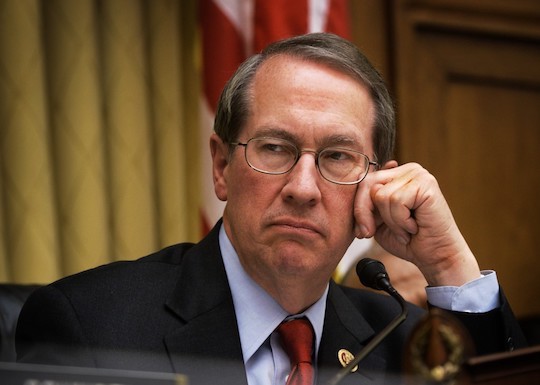Update: Midway through writing this post, I learned that House Republicans had reversed course and decided to strike the Goodlatte Amendment from their rules changes. As of this writing, the OCE will remain the same. I stand by the Close Reading.
Yesterday, over the objections of Speaker Paul Ryan, the House Republican Conference voted to curtail the power of the Office of Congressional Ethics and bring it under control of the House Ethics Committee. The change was not debated and only publicly announced late Monday afternoon—to almost universal condemnation, including from president-elect Donald Trump. You can see why he objected. If your promise is to “drain the swamp” of Washington corruption, weakening the office of ethics on the day before the new Congress starts is a bad look. But what if restricting the authority of the OCE to investigate, making its findings secret, and making it subject to a partisan committee actually strengthened it? You could convince people that’s what you were doing, if you framed it just right. Or you could just erect a wall of bullshit to hide behind. Rep. Bob Goodlatte went with option two in his statement on the change, which is the subject of today’s Close Reading.



